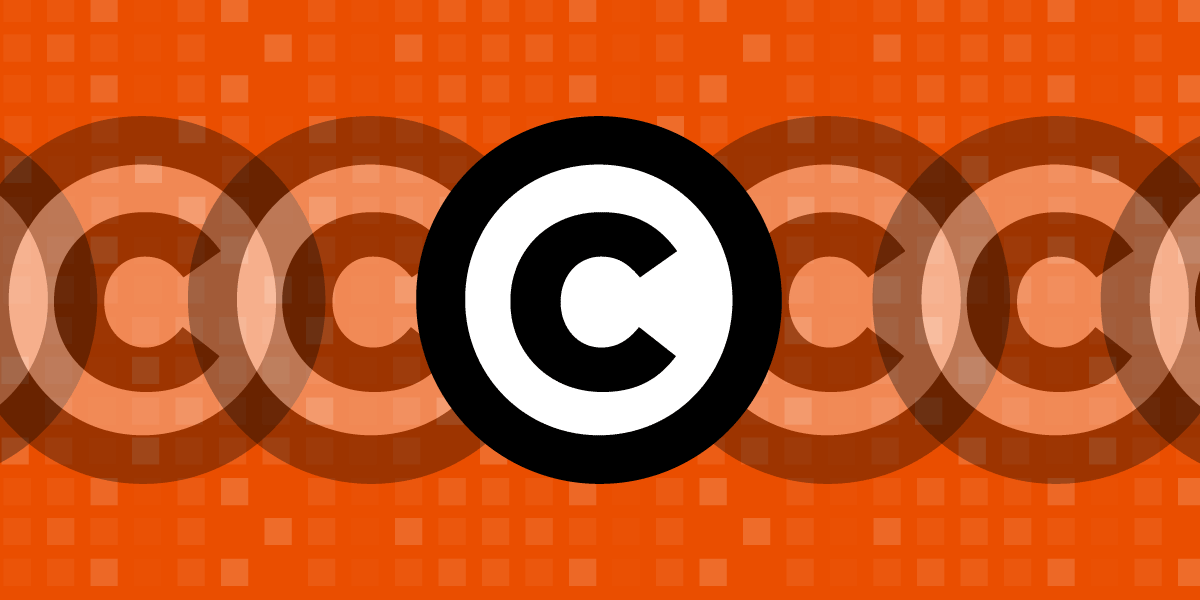Our laws belong to all of us, and we should be able to find, read, and comment on them free of registration requirements, fees, and other roadblocks. That means private organizations shouldn’t be able to control who can read and share the law, or where and how we can do those things. But that’s exactly what some industry groups are trying to do.
EFF has been fighting for years to stop them. The most recent instance is ASTM v. Upcodes. ASTM, an organization that develops technical standards, claims it retains copyright in those standards even when they’ve become binding law through “incorporation by reference.” When a standard is incorporated “by reference,” that means its text is not actually reprinted in the body of the government’s published regulations. Instead, the regulations include a citation to the standard, which means you have to track down a copy somewhere else if you want to know what the law requires.
Incorporation by reference is common for a wide variety of laws governing the safety of buildings, pipelines, consumer products and so on. Often, these are laws that affect us directly in our everyday lives—but they can also be the most inaccessible. ASTM makes some of those laws available for free, but not all of them, and only via “reading rooms” that are hard to navigate and full of restrictions. Services like UpCodes have emerged to try to bridge the gap by making mandatory standards more easily available online. Among other things, UpCodes has created a searchable online library of some of the thousands of ASTM standards that have been incorporated by reference around the country. According to ASTM, that’s copyright infringement.
EFF litigated a pair of cases on this issue for our client Public.Resource.Org (or “Public Resource”). We argued there that incorporated standards are the law, and no one can own copyright in the law. And in any event, it’s a fair use to republish incorporated standards in a centralized repository that makes them easier to access and use. In December 2023, the D.C. Circuit Court of Appeals ruled in Public Resource’s favor on fair use grounds.
Based on our experience, we filed an amicus brief supporting UpCodes, joined by Public Knowledge and iFixit, Inc. and with essential support from local counsel Sam Silver and Abigail Burton at Welsh & Recker. Unlike our cases for Public Resource, in UpCodes the standards at issue haven’t been directly incorporated into any laws. Instead, they’re incorporated by reference into other standards, which in turn have been incorporated into law. As we explain in our brief, this extra degree of separation shouldn’t make a difference in the legal analysis. If the government tells you, “Do what Document A says,” and Document A says, “Do what Document B says,” you’re going to need to read Document B to know what the government is telling you to do.
Tell Congress: Access To Laws Should Be Fully Open
At the same time that we’re fighting this battle in the courts, we’re fighting a similar one in Congress. The Pro Codes Act would effectively endorse the claim that organizations like ASTM can “retain” copyright in codes, even after they are made law, as long as they make the codes available through a “publicly accessible” website—which means read-only, and subject to licensing limits. The Pro Codes Act recently fell short of the necessary votes to pass through the House, but it’s still being pushed by some lawmakers.
Whether it’s in courts or in Congress, we’ll keep fighting for your right to read and share the laws that we all must live by. A nation governed by the rule of law should not tolerate private control of that law. We hope the court in UpCodes comes to the same conclusion.



